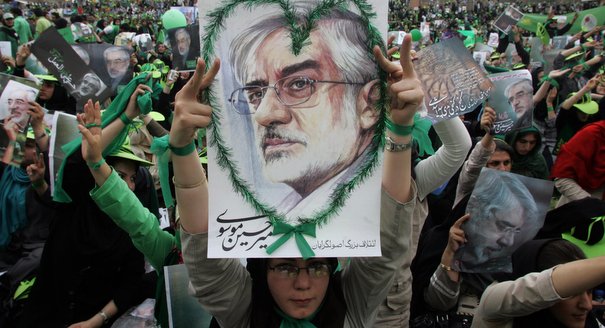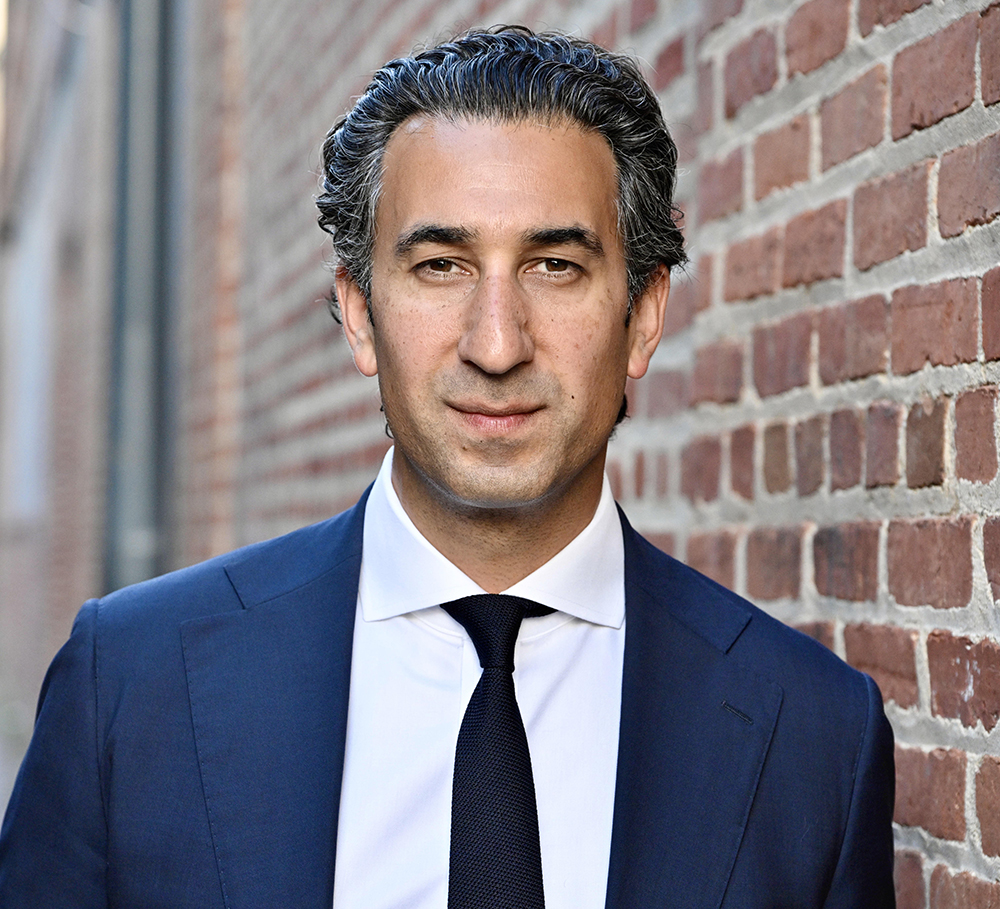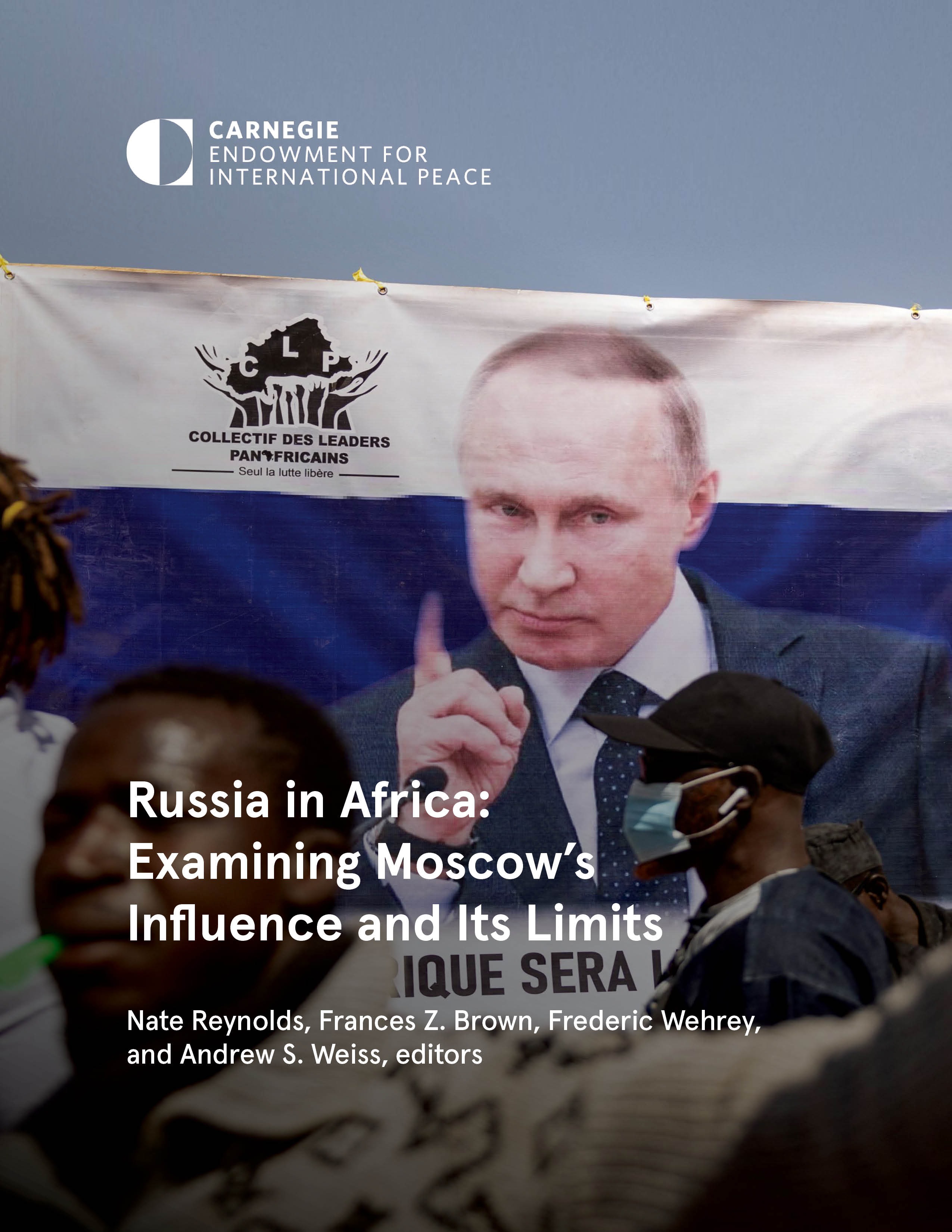Aaron David Miller, Karim Sadjadpour, Robin Wright

Source: Getty
Consequences of Iran’s Presidential Election Results
Mahmoud Ahmadinejad’s election victory could pose an insurmountable challenge to the Obama administration’s engagement strategy, but Iran remains integral to critical foreign policy challenges.
Following the surprise announcement that President Ahmadinejad had won outright the first round of Iran’s presidential election, Karim Sadjadpour explained the implications for the Obama administration’s diplomatic initiative with Iran and the domestic reaction.
Key points:
- The United States should wait until the election has played out domestically before commenting on or reaching out to the Iranian government.
- Ahmadinejad’s victory could pose an insurmountable challenge to the Obama administration’s engagement strategy, but Iran remains integral to critical challenges including Afghanistan, the Arab–Israeli conflict, terrorism, and energy security. Once the dust settles the United States will eventually have no choice but to talk to Tehran, but it will likely be a cold, hard-nosed dialogue rather than friendly greetings.
- Despite being the true source of power, Supreme Leader Ayatollah Khamenei is rarely held accountable for Iran’s economic malaise or political isolation, given the high profile of the Iranian president. The United States should announce publicly they wish to talk directly with Khamenei.
- In the thirty years since the Islamic revolution, Iran’s political elite have never been so divided.
- While dramatic, the current protests are not yet significant enough to pose an existential threat to the regime.
Sadjadpour said:
“In retrospect, it looks like the entire campaign was a show, in the sense that Ayatollah Khamanei was never going to let Ahmadinejad lose. Assuming these results are allowed to stand, I think we should be clear about what type of regime we are dealing with in Tehran. Just as we talk about Assad’s Syria and Mubarak’s Egypt, I think we are now dealing with Khamanei’s Iran.”
About the Author

Senior Fellow, Middle East Program
Karim Sadjadpour is a senior fellow at the Carnegie Endowment for International Peace, where he focuses on Iran and U.S. foreign policy toward the Middle East.
- What’s Keeping the Iranian Regime in Power—for NowQ&A
- How Washington and Tehran Are Assessing Their Next StepsQ&A
Aaron David Miller, David Petraeus, Karim Sadjadpour
Recent Work
Carnegie does not take institutional positions on public policy issues; the views represented herein are those of the author(s) and do not necessarily reflect the views of Carnegie, its staff, or its trustees.
More Work from Carnegie Endowment for International Peace
- The Kremlin Is Destroying Its Own System of Coerced VotingCommentary
The use of technology to mobilize Russians to vote—a system tied to the relative material well-being of the electorate, its high dependence on the state, and a far-reaching system of digital control—is breaking down.
Andrey Pertsev
- Indian Americans Still Lean Left. Just Not as Reliably.Commentary
New data from the 2026 Indian American Attitudes Survey show that Democratic support has not fully rebounded from 2020.
- +1
Sumitra Badrinathan, Devesh Kapur, Andy Robaina, …
- Taking the Pulse: Can European Defense Survive the Death of FCAS?Commentary
France and Germany’s failure to agree on the Future Combat Air System (FCAS) raises questions about European defense. Amid industrial rivalries and competing strategic cultures, what does the future of European military industrial projects look like?
Rym Momtaz, ed.
- Can the Disparate Threads of Ukraine Peace Talks Be Woven Together?Commentary
Putin is stalling, waiting for a breakthrough on the front lines or a grand bargain in which Trump will give him something more than Ukraine in exchange for concessions on Ukraine. And if that doesn’t happen, the conflict could be expanded beyond Ukraine.
Alexander Baunov
- Russia in Africa: Examining Moscow’s Influence and Its LimitsResearch
As Moscow looks for opportunities to build inroads on the continent, governments in West and Southern Africa are identifying new ways to promote their goals—and facing new risks.
- +1
Nate Reynolds, ed., Frances Z. Brown, ed., Frederic Wehrey, ed., …















